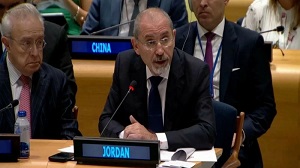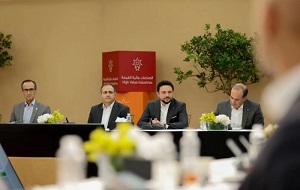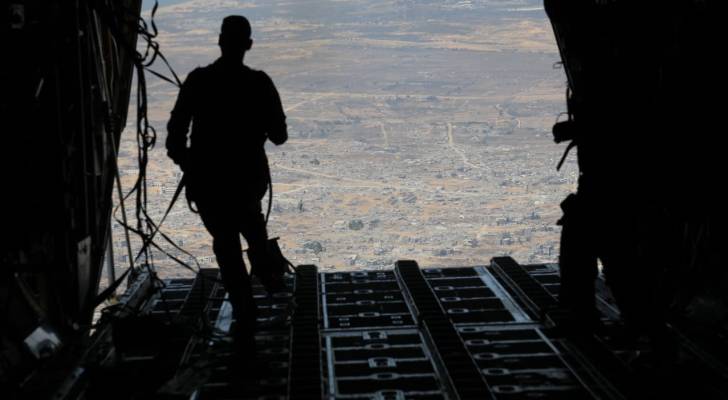Over 29,000 electricity theft cases detected in 2024 — EMRC
The Jordan Times
AMMAN — Authorities uncovered 29,636 cases of electricity theft across the Kingdom in 2024, according to the Energy and Minerals Regulatory Commission’s (EMRC) annual report.
The violations were identified during 174,481 joint inspections carried out by the EMRC, electricity distribution companies, and the Public Security Directorate, the Jordan News Agency, Petra, reported.
The report also highlighted a major surge in smart meter installations, with 918,449 units deployed in 2024, a 161 per cent increase compared with 352,264 units in 2023.
By the end of the year, about 1.68 million smart meters had been installed, covering 69.3 per cent of Jordan’s 2.42 million electricity subscribers. Complete coverage was achieved in Tafileh, Salt, Madaba, and Ajloun.
Renewable energy systems continued to grow under national sustainability efforts. The number of systems connected to the grid under the net metering scheme rose to 81,146, with a total capacity of 853 megawatts (MW). Another 656 systems operating under the wheeling scheme added 315 MW. EMRC also issued three new licenses for renewable electricity generation, with a combined capacity of 8.69 MW.
Supporting the Kingdom’s transition to green mobility, the number of public electric vehicle charging stations reached 110, with 65 new licenses issued in 2024.
In terms of energy mix, conventional sources accounted for 58 per cent of electricity generation in 2024, followed by renewables at 27 per cent, oil shale at 14 per cent, and imported electricity from Egypt at 1 per cent.
Despite growth in the renewable energy sector, the number of individuals licensed for installation and maintenance fell to 132, down from 238 in 2023.
The report also detailed national consumption of oil derivatives, which totalled 3.645 billion litres, including 1.588 billion litres of 90-octane gasoline, 14 million litres of 95-octane, 1.805 billion litres of diesel, and 103 million litres of kerosene. Jordan currently operates 708 fuel stations, with 19 new licenses issued and 12 renewed in 2024.
The Kingdom inaugurated its first compressed natural gas station in Al Risheh to support industrial energy use and efficiency. EMRC also launched a campaign to monitor fuel quality, with a focus on preventing the illegal blending of kerosene with diesel.
A total of 862 inspections were conducted at fuel and gas facilities. The commission also issued 1,927 mineral export licenses, 3,000 import licenses, four mining rights, 178 quarry licenses, eight exploration permits, and 40 explosives expert licenses.
Radiation and nuclear safety efforts remained robust. The commission issued 2,098 licenses and permits related to radiation, while 289 radiation devices and 621 radioactive materials were imported.
Nine devices were exported, and 153 materials were re-exported. Radiation exposure levels for workers remained within legal limits, according to 682 monitoring reports and 6,796 assessments.
The Kingdom also operated 109 fixed radiation monitoring devices at its border crossings, conducting more than 1.86 million radiation scans throughout the year.
Latest News
-
 Safadi says recognition of Palestinian State ‘urgent necessity’, prerequisite to achieving lasting peace
Safadi says recognition of Palestinian State ‘urgent necessity’, prerequisite to achieving lasting peace
-
 Trump says Gaza ceasefire 'possible' amid Starmer talks
Trump says Gaza ceasefire 'possible' amid Starmer talks
-
 Crown Prince attends ICT session within economic vision’s second phase workshops
Crown Prince attends ICT session within economic vision’s second phase workshops
-
 Jordan carries out two more Gaza aid airdrops, with UAE participation
Jordan carries out two more Gaza aid airdrops, with UAE participation
-
 Trump: I spoke with Netanyahu, working on plans for Gaza
Trump: I spoke with Netanyahu, working on plans for Gaza